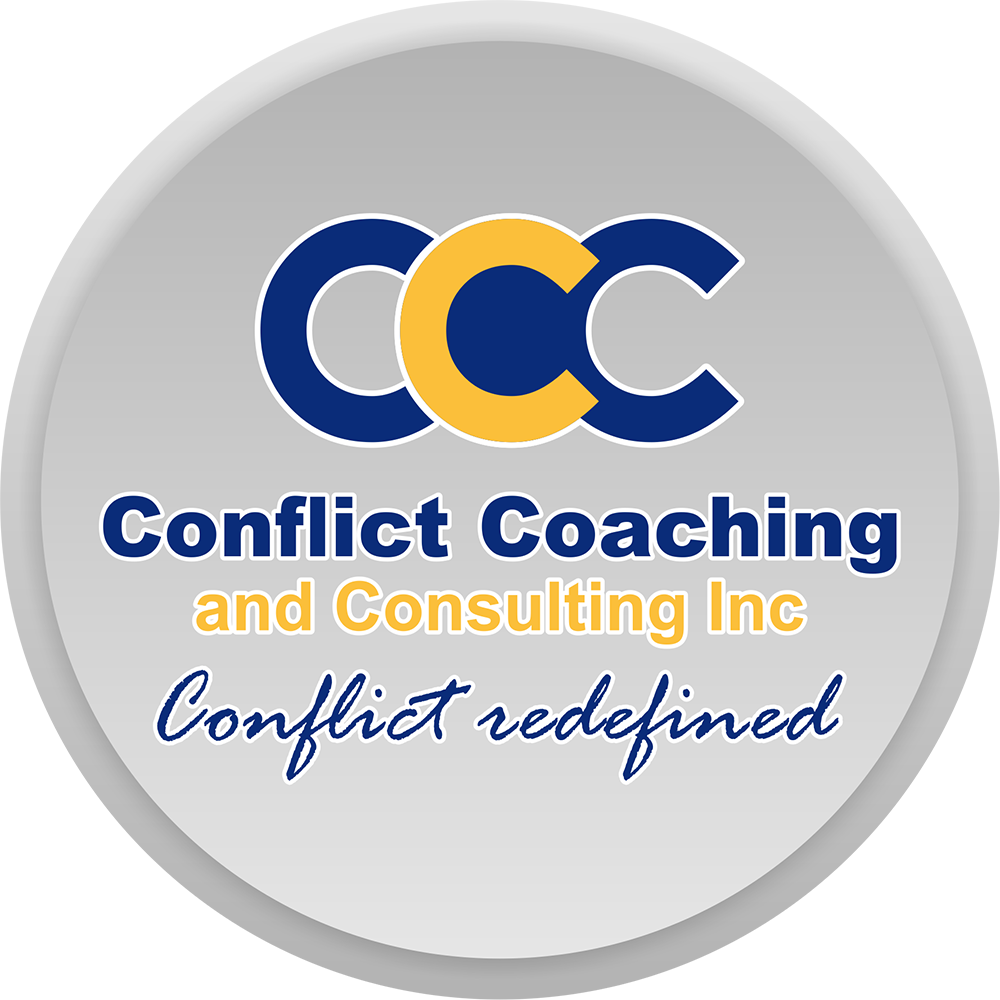
The Difference Between Healthy And Unhealthy Anger
In order to thrive in society as a well-respected individual, you need to understand the difference between healthy anger vs unhealthy anger.
This must make you wonder, can an emotion like anger bring you benefits? How does one perceive an angry person?
In today’s blog, we will make a comparison between healthy and unhealthy anger, an emotion that is globally shared and expressed by humans.
Society often frowns upon anger, viewing it as unacceptable. However, like any emotion, anger serves as a means to communicate feelings.
According to a report, around 1 in 5 people struggle with anger management. Anger often stems from aggression and resentment. Darwin believed anger arises as a psychobiological response to perceived threats.
Suppressing anger doesn’t help; bottled emotions resurface in the future. Anger involves thoughts, bodily reactions, and a readiness for action.
Fortunately, it’s possible to redirect this energy positively, achieving emotional balance while honing a skill.
Anger typically arises when personal or professional boundaries are violated. Expressing it can be a sign of healthy emotions, indicating self-awareness and self-respect.
Quick Overview of Healthy and Unhealthy Anger
An instinctive and natural way to express anger is to respond aggressively. It makes us feel in control and empowered and pushes us to fight. What matters is how it is expressed and managed.
Our feelings of anger can be healthy or unhealthy and are governed by a lot of things. Before diving into the details, let’s look at a quick overview of the two.
| Aspect | Healthy Anger | Unhealthy Anger |
| Expression | Assertive, calm, and respectful. | Aggressive, explosive, or passive-aggressive. |
| Triggers | Often triggered by genuine boundary violations or injustices. | Triggered by minor irritations, unresolved issues, or internal conflicts. |
| Communication | Promotes open and constructive communication. | Hinders communication and escalates conflicts. |
| Duration | Typically short-lived; anger is acknowledged and then managed. | Prolonged, leading to grudges. |
| Physical Effects | Increased heart rate and adrenaline. | Focuses on problem-solving and finding solutions. |
| Resolution | Focuses on problem-solving and findign solutions. | Lack resolution |
| Impact on Relationships | Can strengthen relationships when used to address issues and set boundaries. | Can damage relationships, causing hurt feelings and mistrust. |
| Self-Reflection | Prompts self-reflection and self-awareness. | May lead to regret and guilt. |
| Coping Mechanisms | Healthy coping strategies like deep breathing, meditation, or assertive communication. | Relies on unhealthy coping mechanisms such as yelling, blaming, or avoiding the issue. |
| Long-Term Effects | Healthy coping strategies like deep breathing, meditation, or assertive communication. | Can negatively impact mental and physical health if not managed and resolved. |
What is Healthy Anger?
You might be surprised to hear about the concept of healthy anger. It revolves around using assertiveness and communicating feelings of unjustness. When you voice what you feel is wrong with or around you, it allows you to reason and shows your intent to solve an underlying issue.
Since healthy expression of anger and reaction is goal-oriented, it tends to be short-lived. Once you actively start thinking about what led to the outburst and work towards a resolution, the feeling of anger dissipates. Healthy anger is used as a tool to express feelings clearly and promote open communication.
The clearest indicator that your anger is healthy is if it leaves you feeling okay about yourself and the other person once expressed.
Healthy anger does not keep you preoccupied with repetitive thoughts of unfairness or resentment. If a similar problem arises in the future, you can address the issue through constructive dialogue without damaging relationships.
What is Unhealthy Anger?
Simply put, unhealthy anger generates thoughts of wanting to hurt the other person emotionally or physically. This cycle of uncontrolled emotions results in the other person feeling the same or even worse.
Unhealthy anger expression can be suppressive, passive-aggressive, or aggressive. This expression leads to a loss of control, raising a voice, slamming things purposelessly, or making snide remarks.
The consequences of this extend beyond the initial outburst and damage relationships and businesses. Unhealthy anger not only harms others emotionally but can be mentally taxing with physical repercussions.
The root cause of unhealthy anger is unresolved emotional baggage that you may have from the past. You may have feelings of deep-seated hurt, sadness, feelings of rejection, being ignored, or being humiliated. You may be in a constant state of denial and it might be a way of survival for you.
How to Overcome It?
If at any point in life, you have noticed a pattern of uncontrolled rage and defensive coping mechanisms, it causes physical and mental harm to you. Unregulated anger issues result in chronically high stress levels, hypertension, and even headaches.
Overcoming your rage is not an easy task. It requires you to consistently gate-keep your emotions. In the upcoming segment, we discuss the potential strategies that you can adopt for anger management.
1. Identify the cause
You are feeling uncontrollably angry. But do you know the reason behind your emotions? This brings us to our first step in managing unhealthy anger expressions.
You first need to understand the root cause of the anger. This means knowing and being able to pinpoint the triggers of your anger. This can be unresolved trauma from the past, unmet needs, or ongoing stressors in life.
However, identifying the cause of your emotions allows you to address the issues head-on.
Thus, the first step in conflict resolution is dealing with the underlying issue and not the symptoms. With knowledge about your triggers, you can prevent anger outbursts and develop healthier coping mechanisms.
2. Take time out
Anger outbursts can happen anywhere, whether you are at home or in the workplace. Practice taking out time for yourself in a way when you feel the anger rising. It is logical to step away from the situation that is triggering the anger.
This gives you ample time and head space to cool down. Being away from your triggers can allow you to regain composure and prevent an impulsive expression of anger that may cause physical or emotional damage.
3. Perform physical exercises
Psychologists advise that regular physical exercise is effective in managing anger because it releases endorphins which are natural mood lifters.
Physical exertion can keep your mind at ease by providing a healthy outlet for tension and frustration. This can be going out for a jog, swimming, or practicing yoga to build a balanced emotional state.
Alternatively, you can utilize the break time to practice relaxation techniques such as deep breathing, meditation, or mindfulness to center yourself.
Think of a calming scenery and practice deep breathing. These are effective in providing temporary relief from feeling resentful. If you want to incorporate exercise into your routine, take a proactive step toward managing unhealthy anger expressions.
4. Learn to forgive
We learned that unhealthy forms of anger result from holding onto grudges and not being able to regulate resentment. This emotional turmoil can be solved by practicing the powerful tool of forgiveness.
This is a way of accepting the unjustness and freeing yourself from the burden of negativity. Forgiveness promotes emotional healing and peace in life.
Enroll in an Anger Management Class
Sometimes, understanding and managing anger triggers can be challenging to do on your own.
If you’ve experienced multiple instances of anger outbursts in public or have faced legal consequences due to violent offenses, you might find it beneficial to enroll in an anger management class to learn online.
All these classes are not only court-mandated for certain situations but also available through employee assistance programs (EAPs) in workplaces.
Here’s a breakdown of some available anger management classes:
- 8-Hour Anger Class
The 8-hour anger class provides a concise overview of anger management fundamentals. Recognized and accepted by both courts and employers.
This course is an excellent choice for individuals aiming to address anger-related issues and improve their personal and professional lives.
- 12-Hour Anger Management Class
The 12-hour anger class serves a dual purpose, making it suitable for meeting court-ordered and fostering personal growth.
Importantly, this course is approved by the NCB of Licensed Professional Counselors, ensuring its credibility.
- 16-Hour Anger Class
The 16-hour anger class focuses on a cognitive-behavioral approach, to enhance competence and effective communication skills.
It proves especially beneficial for individuals dealing with emotional conflicts and seeking self-improvement.
Successful participants receive a certificate that holds legal validity in US courts, fulfilling any court-imposed obligations.
Speak to a consultant
You may be trying your best and executing your best efforts to regulate your anger, but a little bit of help from a professional can make sure your efforts are not in vain.
Anger management therapists and counselors are trained to help you recognize your past trauma. With their expertise, you can build personalized goals and plans for your coping mechanisms.
Psychologists carry out assessments and offer one-on-one and group counseling sessions. These are safe and non-judgemental spaces where you can express your feelings of anger and hurt.
Most importantly, professional counselors can prevent you from relying on physically harmful coping mechanisms.
Anger is a justified emotion, however, how your reaction towards others under stressful situations determines personal growth. Learn all sixteen different techniques of how to control your anger so you are in more control over your emotions.
Conclusion
The emotion of anger is natural, but recognizing and differentiating healthy versus unhealthy anger is what makes individuals more controlled in their daily lives.
Between the two types of anger expressions, healthy anger uses communication skills to voice concerns and work toward conflict resolution. On the contrary, unhealthy anger expression is built on a passive-aggressive or suppressive nature.
Effective anger management techniques begin with identifying the triggers causing you to feel an emotional rage.
Next, it requires you to step away from the setting that is causing you to feel resentment. This break of taking out time should give you personal space to clear your brain fog. Physical exercises are necessary to keep your mind busy.
Lastly, we recommend you sign up for anger management classes that provide a certification valid in the court and with employers. If you still feel confused and helpless, get in touch with a professional consultant for help.
With determination, you can easily take over your inner voice and exercise control.






Responses